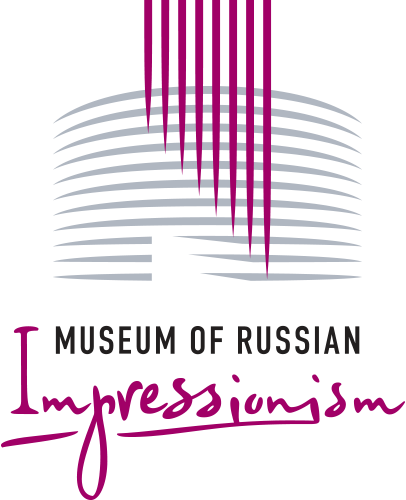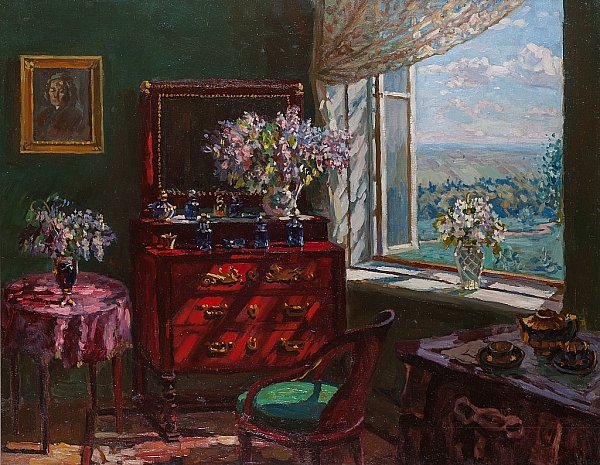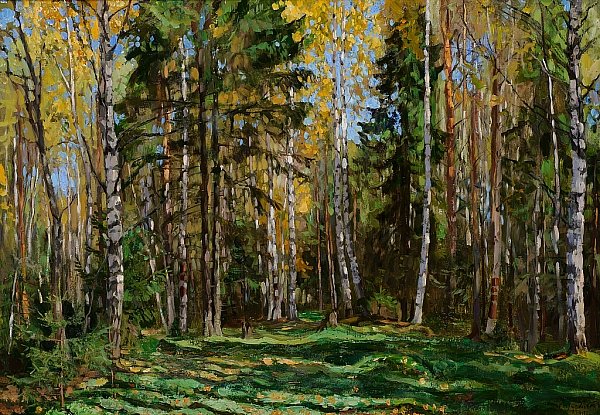Stanislav Zhukovsky
25.05.1873 - 30.08.1944
The young Stanislav Zhukovsky’s success in painting angered his father. Only his caring and obedient mother supported the child - she was a well-educated woman with aristocratic roots who had studied in Paris in her youth. She nurtured in her children not only a love for drawing, but also for foreign languages and music. But discord had entered the family even before the birth of Stanislav. Following the anti-Russian uprising in Poland, the future artist's father lost his ancestral estate, becoming introverted and unsociable. When Stanislav turned 17, against his father’s will, he went to Moscow to enroll at the School of Painting, Sculpture and Architecture, something his strict father would not forgive, right up to the end of his life; he would be contemptuous toward the profession of artist, calling his son a ‘house painter.’ Zhukovsky studied with well-known teachers of his time such as Sergei Korovin, Leonid Pasternak, Abraham Arkhipov and the famous Vasily Polenov. As a student, he never experienced failure or disappointment- Exhibitions which included his work opened one after another, and established collectors purchased his paintings. The artist even opened his own school of painting, located first at the Hotel 'Saint Petersburg', but later moving to a large apartment on Kositzky Lane. The future poet Vladimir Mayakovsky was among his students there. Zhukovsky greeted The Revolution with little enthusiasm. The artist had long ago found his own themes, and finding his way in this new environment was challenging. He found it depressing that his art, his paintings depicting the world of old estates, were declared to be “alien” to the people. In 1923 he returned to Poland - this artist who had been so successful at the start of his career, found his circumstances changed, affected by the severe economic depression of these new times. Collectors stopped buying his art, and a few years later the Second World War began. The artist was incarcerated in a Nazi concentration camp where he perished in autumn of 1944.





